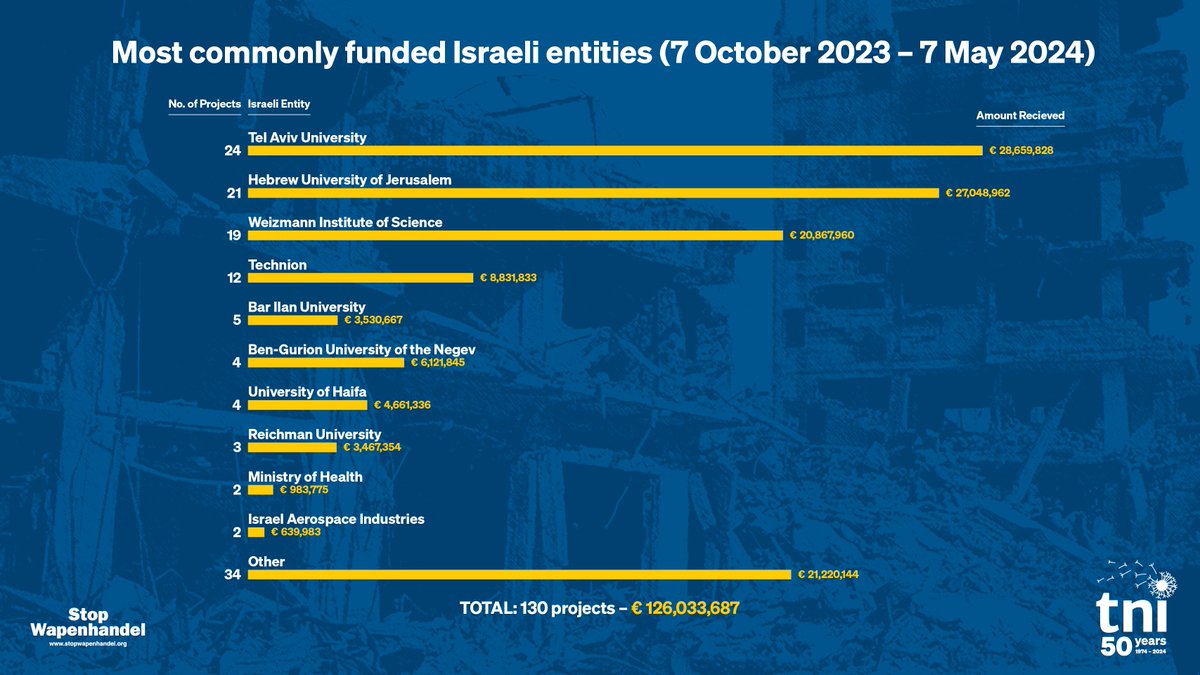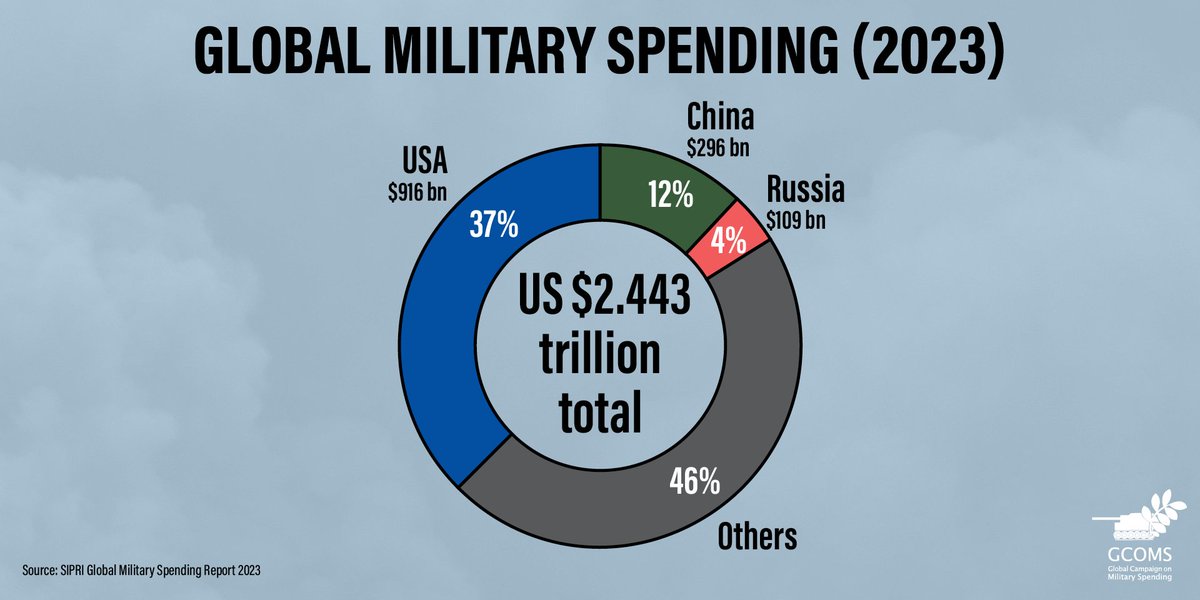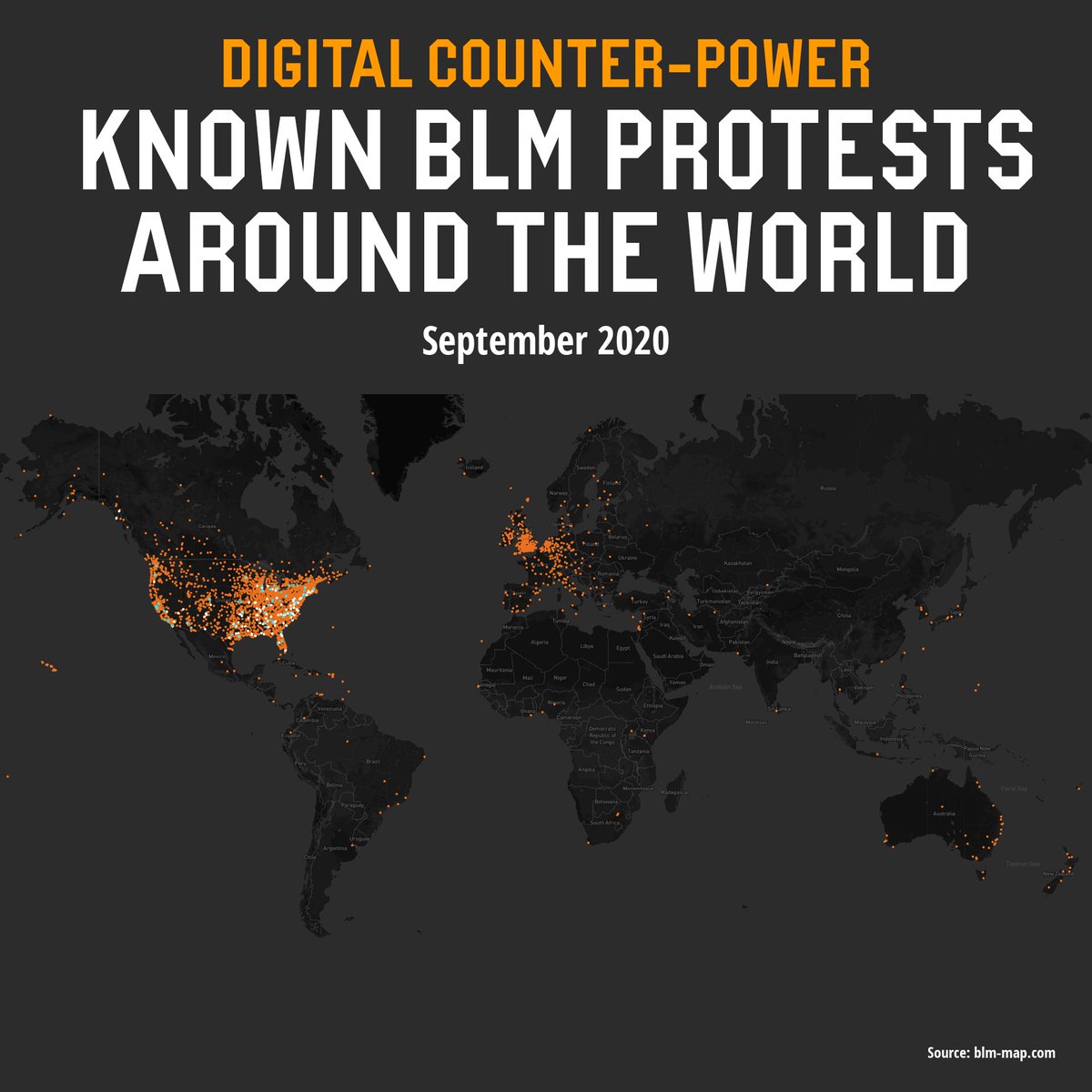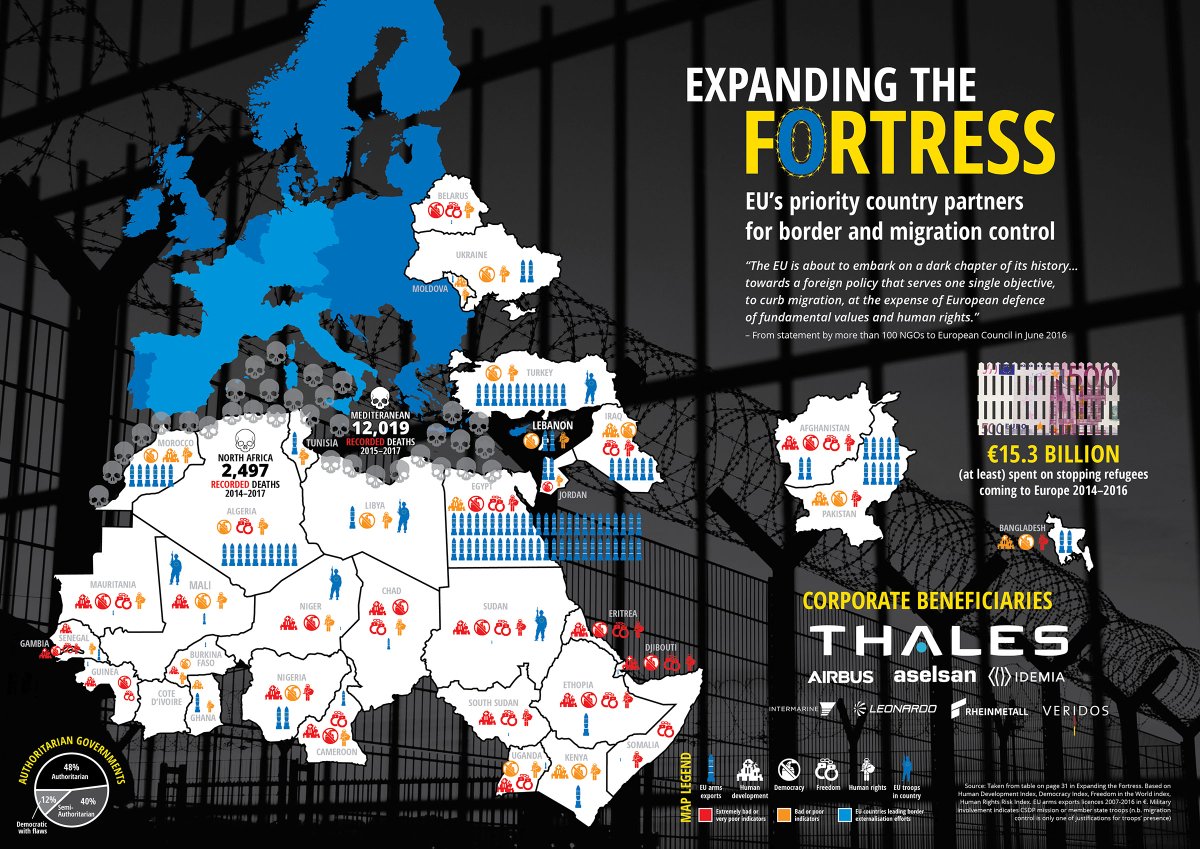Surrounded by a massive sovereign ocean territory about 1,000 times bigger than its total landmass, Mauritius is at the front lines of the push to expand the ocean/blue economy.
But who stands to benefit from it?
A thread 👇🏽
But who stands to benefit from it?
A thread 👇🏽
Blue economy or blue growth refers to a broad framework ostensibly aimed at promoting economic growth and environmental sustainability.
But, at its core, blue economy is about everything in the ocean or inland waters that can be turned into a commodity.
But, at its core, blue economy is about everything in the ocean or inland waters that can be turned into a commodity.

The origins of the blue economy paradigm can be traced back to the 1970s, but it took off rapidly in the 2010s, when conservation NGOs together with UN bodies successfully placed it on the broader UN Sustainability Agenda.
Mauritius is one of the many countries whose development plans rely on blue growth and foreign direct investments.
This is supported by legislative frameworks favouring large investors and companies in extractive industries, from oil to fishing.
This is supported by legislative frameworks favouring large investors and companies in extractive industries, from oil to fishing.
The implementation of the blue growth paradigm in Mauritius is guided by the Marine Spatial Plan (MSP) pictured 👇🏽. Our research found that only a few privileged actors had a say in Mauritius’ MSP. Most Mauritian working people, including fishers and port workers, were excluded. 

Small-scale fishing contributes significantly to the local economy in Mauritius.
Yet sectors like large-scale fishing, oil, gas and tourism continue to enjoy government attention and support, as seen in the Marine Spatial Planning.
Yet sectors like large-scale fishing, oil, gas and tourism continue to enjoy government attention and support, as seen in the Marine Spatial Planning.
The political marginalisation of small-scale fishing is rooted in Mauritus’ history as a colony, and the way that companies historically exploited the island’s people and resources for profit. 

The plans for Mauritius’ ocean economy build on carbon-intensive sectors like oil & gas, tourism, and shipping.
While the government praises international commitments to combat climate change, this development path is driving Mauritius towards climate catastrophe.
While the government praises international commitments to combat climate change, this development path is driving Mauritius towards climate catastrophe.

🎣For more details on Mauritius' blue economy: tni.org/en/publication… 
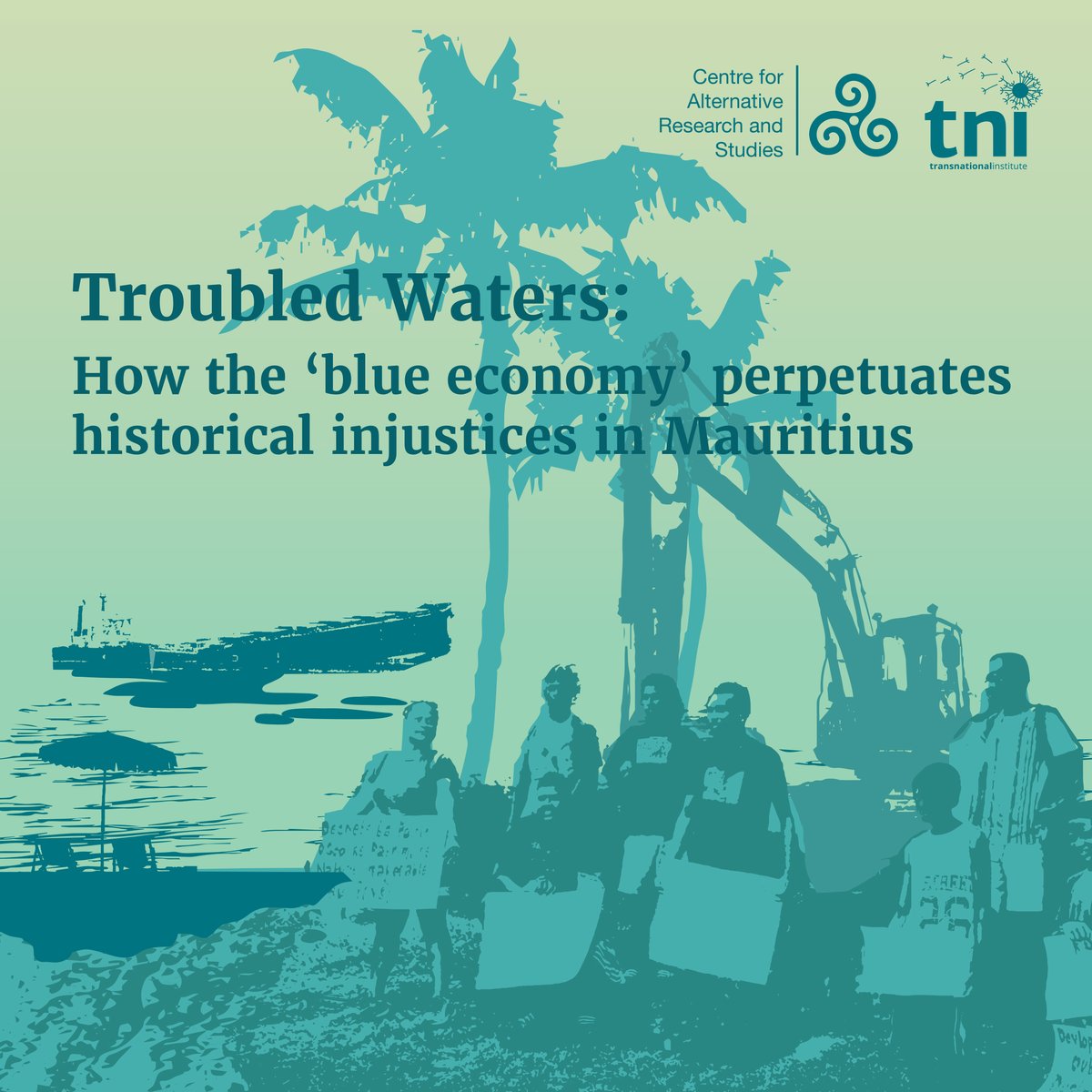
• • •
Missing some Tweet in this thread? You can try to
force a refresh




